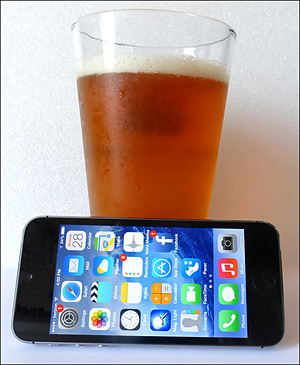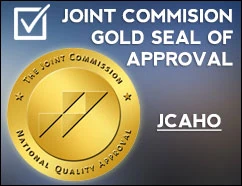One could argue that cellphones such as the iPhone and Android, and the smartphone apps that accompany them, are quickly becoming indispensable to the way our society goes about daily life.
 As of January 2014, the Pew Research Internet Project reports that 90 percent of American adults own a cell phone, and more than half of those people have a smartphone. And 67 percent of cell owners admit to checking their phones for alerts, texts, messages or calls even if their phone didn’t ring or vibrate.
As of January 2014, the Pew Research Internet Project reports that 90 percent of American adults own a cell phone, and more than half of those people have a smartphone. And 67 percent of cell owners admit to checking their phones for alerts, texts, messages or calls even if their phone didn’t ring or vibrate.
Cell phones are no longer for just talking to another person. They’ve become a tool for finding real time directions using GPS, for taking and storing photographs, checking email, browsing the internet, listening to music and staying in touch on any number of social media outlets.
Some experts argue that society has become too dependent on this technology, that we’re now spending less time interacting with the human across from us and more time with our heads down and eyes on our phone’s screen. Perhaps part of the reason for this is the enormous number of applications that individuals can utilize to either waste time, or in fact, make the most of their time.
Along with the thousands of entertainment, business or gaming applications available to smartphone owners, there are also health and lifestyle apps that can help our overall wellbeing. If an individual wants more nutritional recipes to improve their life, or a person is bored with their daily workout regimen, well, as the slogan goes, there’s are app for that.
Anyone recovering from substance abuse and addiction issues should not feel left out, because there’s an app for that too.
Here are 5 Recovery Apps to Enhance Sobriety
1. iHeal – developed at the University of Massachusetts and Massachusetts Institute of Technology (MIT), this app is accompanied with a sensor worn on the wrist. When certain levels of stress reach a certain point, the app prods the user to make note of the events that led to increased tension, along with any cravings that resulted from these situations.
2. Mindfulness Meditation – mindful meditation has been shown to be a very useful technique in recovery from addiction. Anyone using this application can set a reminder to alert them that it’s time to meditate. Then, using the meditation timer, they can quiet their mind and regain some much needed focus.
3. Afternoon Affirmations – aimed at users recovering from alcoholism, drug abuse, gambling addiction and eating disorders, this app sends users inspirational quotes, photos or videos daily at 1pm.
4. The Drinking Mirror – this digital product is useful for the younger generation. The user uploads their picture and the app returns a doctored image of what alcohol and drug abuse could make them look like in 10 years time. For some, it might be a powerful visual that breaks through the often unheeded verbal warnings about substance abuse.
5. Twelve Steps – The Companion – one of the first digital recovery products on the market, this app includes daily meditations, a sobriety calendar, as well as an Alcoholics Anonymous meeting finder complete with a map to the location.
There’s no substitute for human interaction and contact, which is why it’s not likely that robots will be taking over the world any time soon. That being said, a little technology can go a long way toward improving our daily outlook and keeping our focus on the important things in life.



